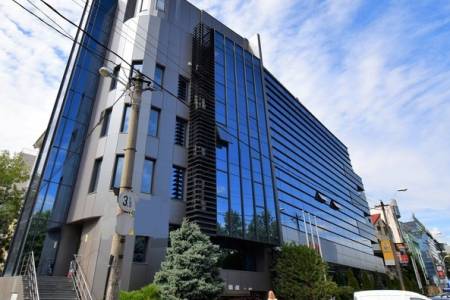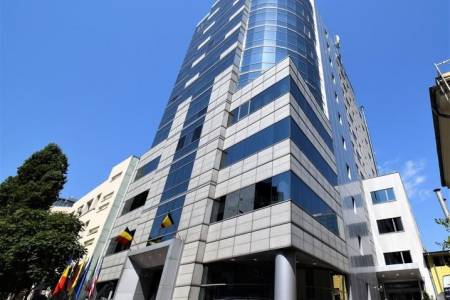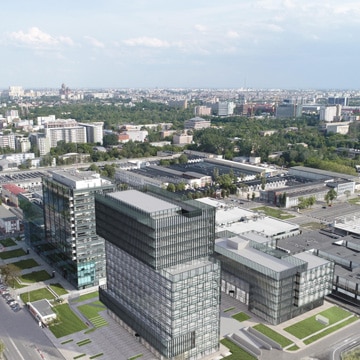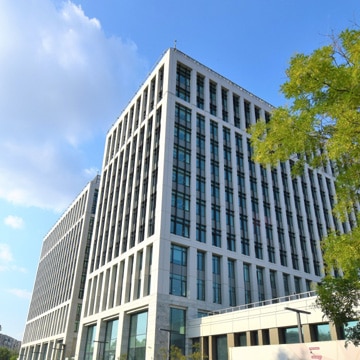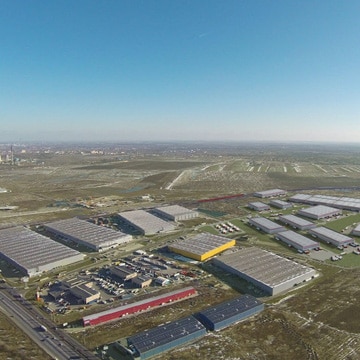The CORFAC meeting discussed the evolution of real estate markets internationally, the opportunities in the post-Brexit business world, and the streamlining of collaboration between regional and international markets.
UK
In Britain, Brexit negotiations dominated the political scene. “In recent years we have had a change of prime minister, of the mayor of London and a period of pressure on the residential segment, with a minimum offer. The market is repositioning itself, not just London, but also in the United Kingdom. Perhaps the most important thing that the vote for Brexit showed was how broken, how advantageous London is, compared to the rest of the country “, considers Subba Row.
In a desire to correct this and also in preparation for the general elections in May 2020, the government allocates funding to regions outside the capital, to places like Birmingham, Leeds, Manchester, Bristol, Newcastle. The transport infrastructure is becoming of strategic interest, with numerous plans to improve connectivity throughout the country, on the north-south, east-west axes.
In the UK real estate market, the investment segment is currently dominated by investors from Asia and the Middle East. Yields for prime commercial properties range from 3-4% in London.
In the rental segment, demand remains high, although for the next few years, a slight moderation of the current pace is expected, in the context in which in 2017, for central London, it reached the second-highest trading volume in the last ten years. The generous offer of new spaces in the process of delivery begins to put pressure on the level of rents and on the renovation or sale of old properties, which can no longer perform properly at the current level of quality.
Germany
The German market, the third-largest exporter in the world, after China and the USA, grew by 2.2% last year. Inflation has also risen to around 2%.
“The investment market is solid, exceeding 12.1 billion euros in the first quarter of 2018. It is dominated by significant liquidity available for investment in a market with high demand and low supply. Therefore, investors are motivated to look for niches and secondary locations,” says Ulrich Berendes, CEO of BERENDES l CORFAC International.
“In 2017, the level of investment reached 55 billion euros in the commercial sector, with 53% in the office segment, 14% in retail, 12% in logistics, and 5% in the hotel market.”
Over 50% of investments represent foreign capital. Yields are between 3-3.5% on the class A office segment, 4% in the retail sector, 5-6% on the logistics segment, and 4% on the hotel market. However, “the eyes are on the European Central Bank. If interest rates rise again, real estate investment returns will also increase slightly.
The office rental segment is strong and stable in all seven major cities in Germany. Last year, Berlin had a leading position in the area of deliveries, with approx. 800.000 sqm of new offices, recovering part of the gap with the other main cities “, says Ulrich Berendes.
France
The real estate market in France is healthy, with growing investments, a milestone in the future being also a political moment, the elections of 2022. France is going through a moment of reforming a status quo consolidated in the last 60 years. The business community looks with interest at President Macron’s efforts, expecting France to be placed on a more competitive path in the long run.
“The French commercial market is booming and has returned to the levels of rent and investment volumes it last saw before 2007,” said Bill Beauclerk, MRICS, BG CARRE l CORFAC International’s representative in France.
“BREXIT did not have a significant impact on the trading activity in the Paris office market.”
Future interest rate hikes are expected to lead to a slight increase in yields. The French economy is improving rapidly, and this phenomenon is likely to continue until the next elections in May 2022.
“Paris is the city that dominates the country’s economic life. Paris’s office market amounts to 53 million square meters and is probably the largest internationally, along with the metropolitan perimeter of New York.
The investment market in France amounts to approximately 27 billion euros per year, significantly less than in Germany or the United Kingdom, in a context in which a significant part of French properties is occupied by their owners, unlike other countries renting the rule of place.
If you would like more information about the real estate market in Romania and especially the investment opportunities in Bucharest, please contact the ESOP team by filling this brief form, or by phone (+4) 0723.26.61.97 or (+4) 021.528.04.40. We’ll promptly answer your inquiry!

